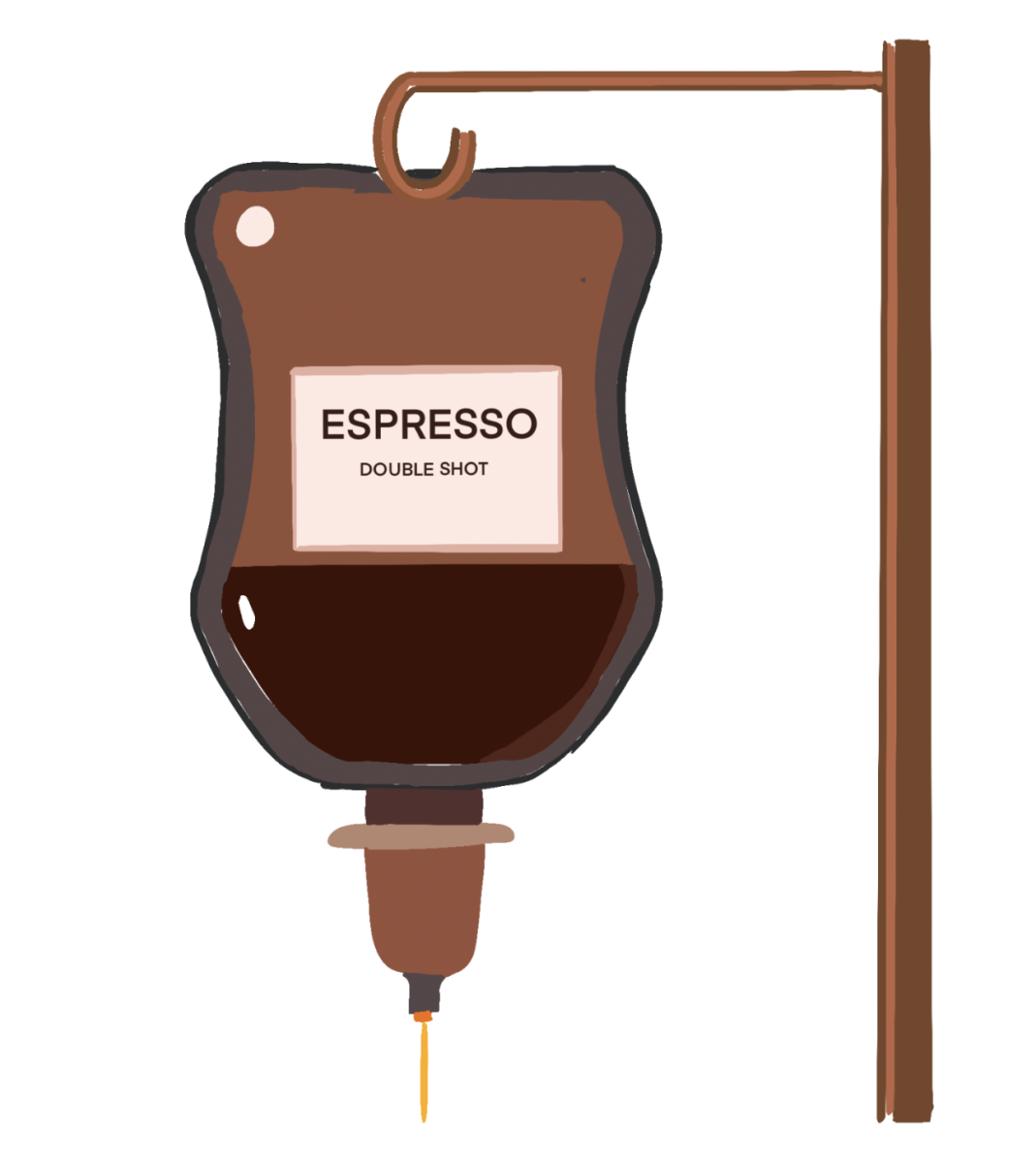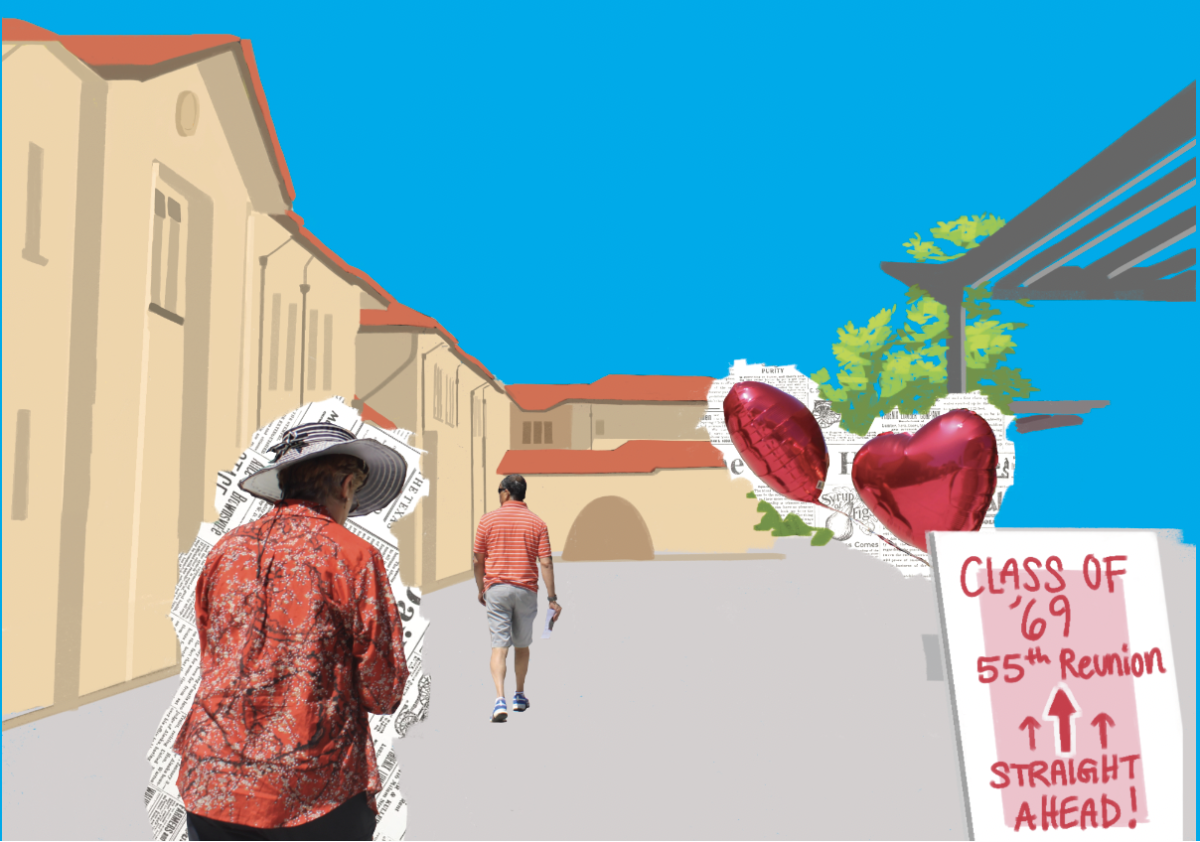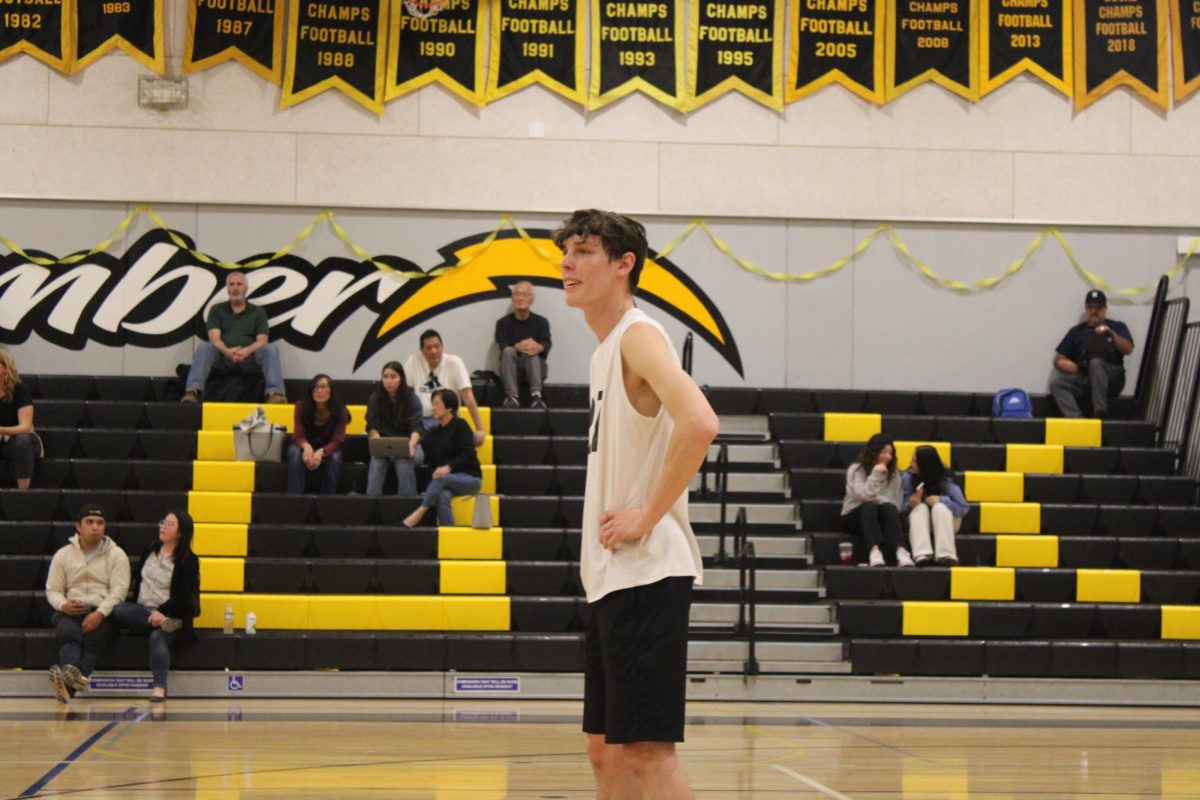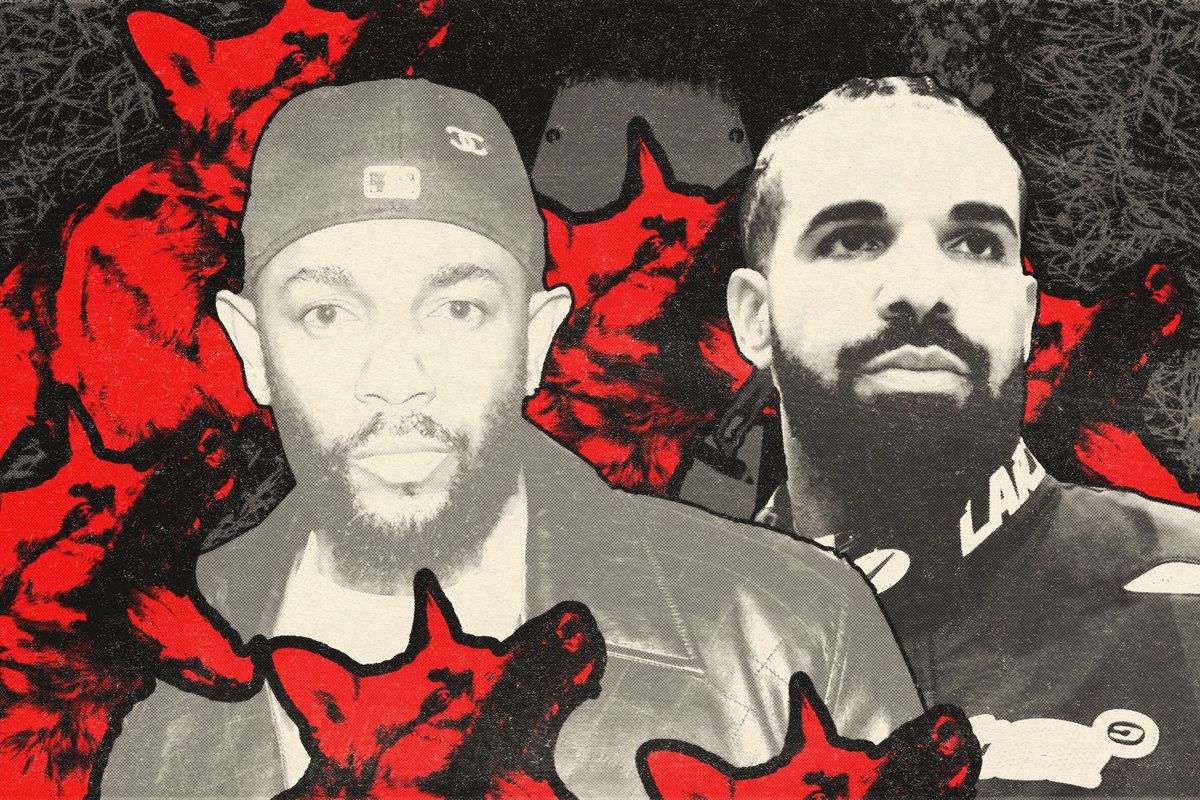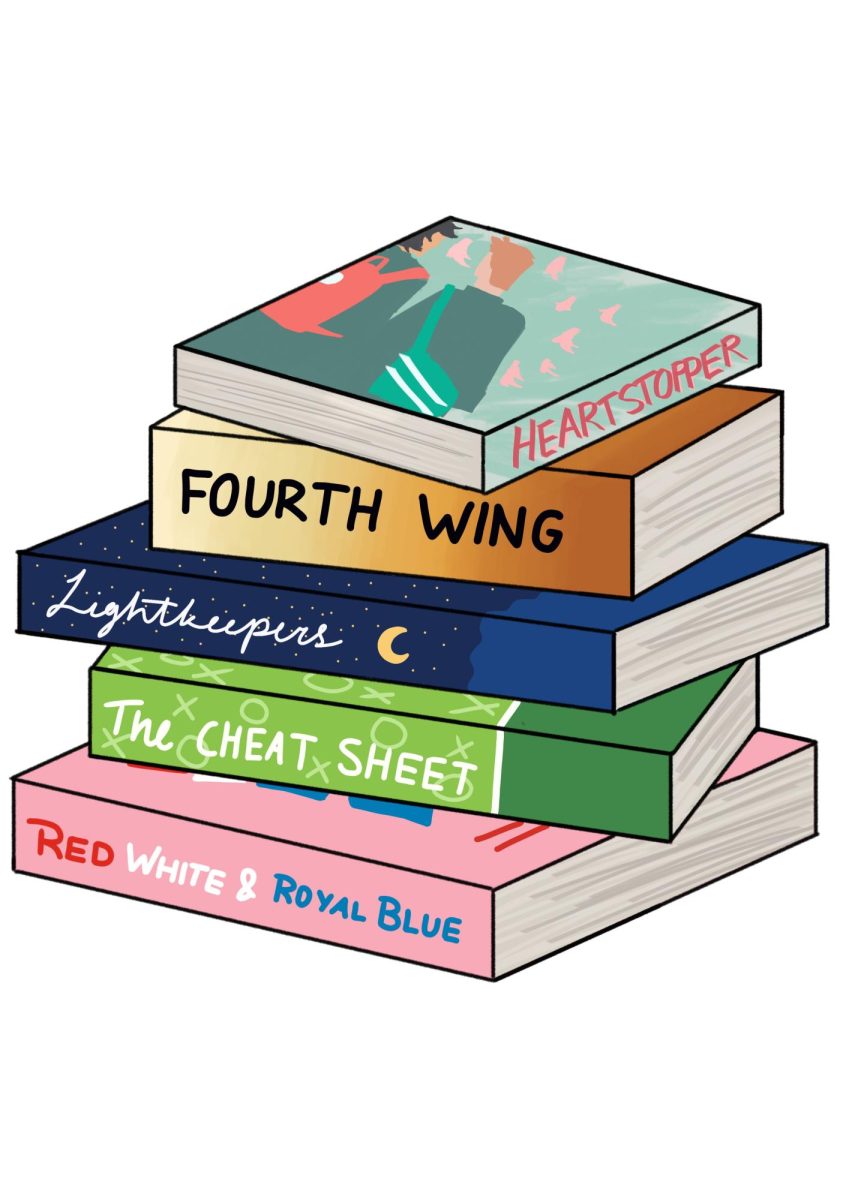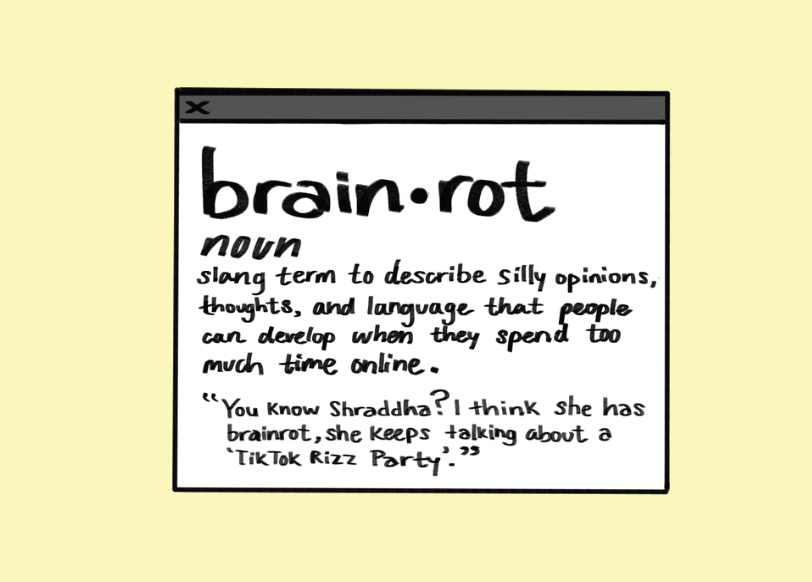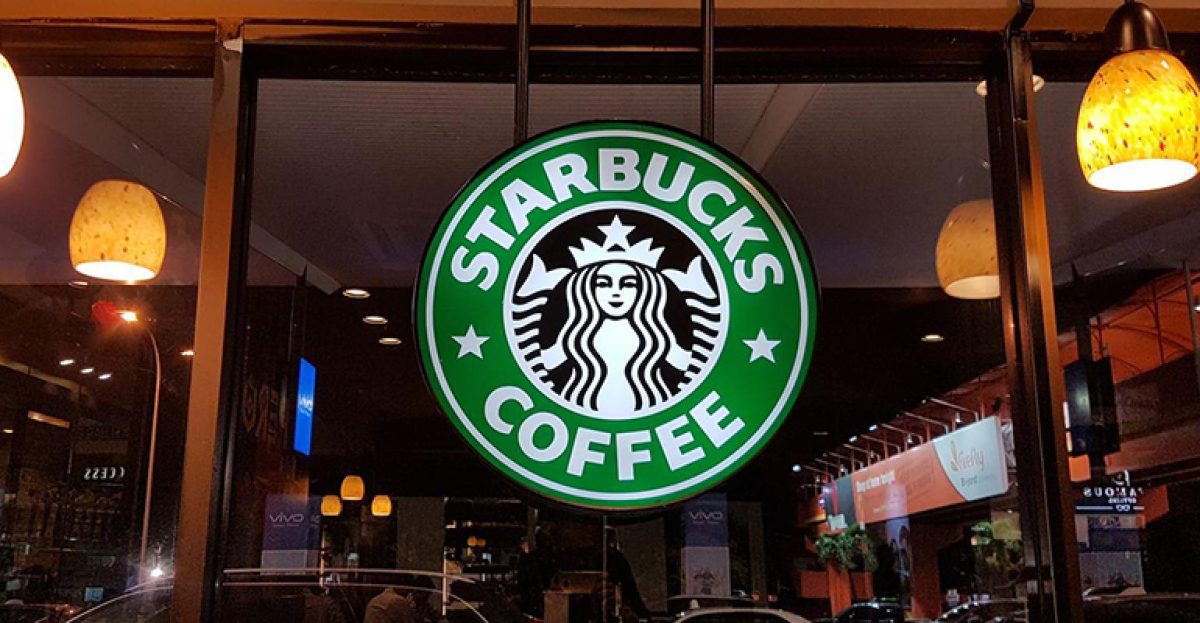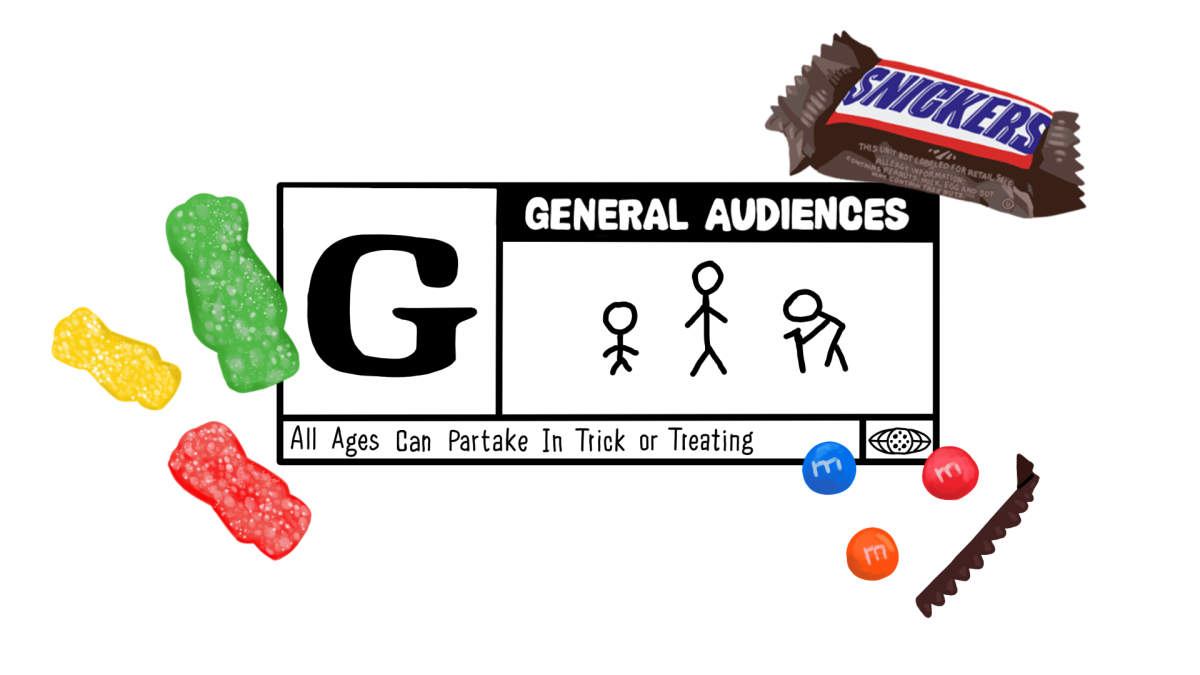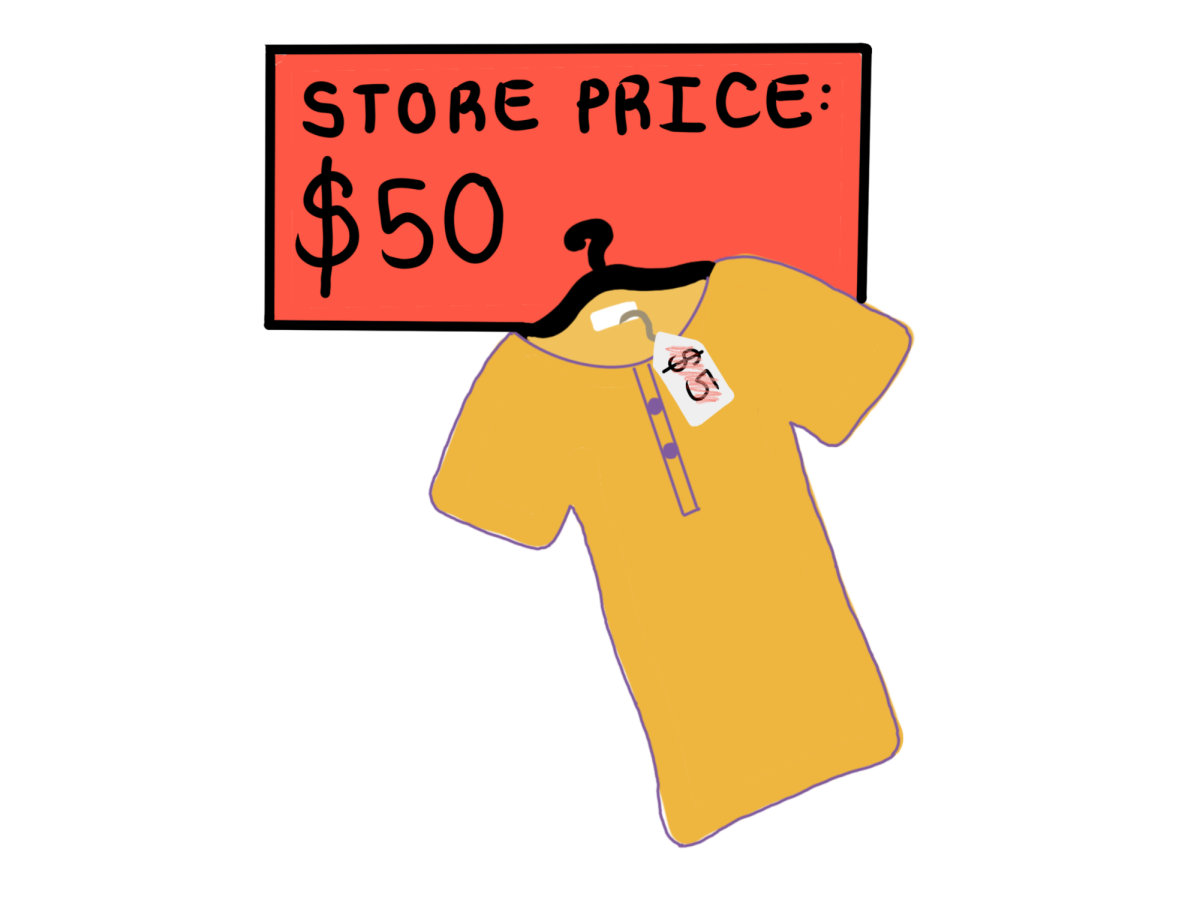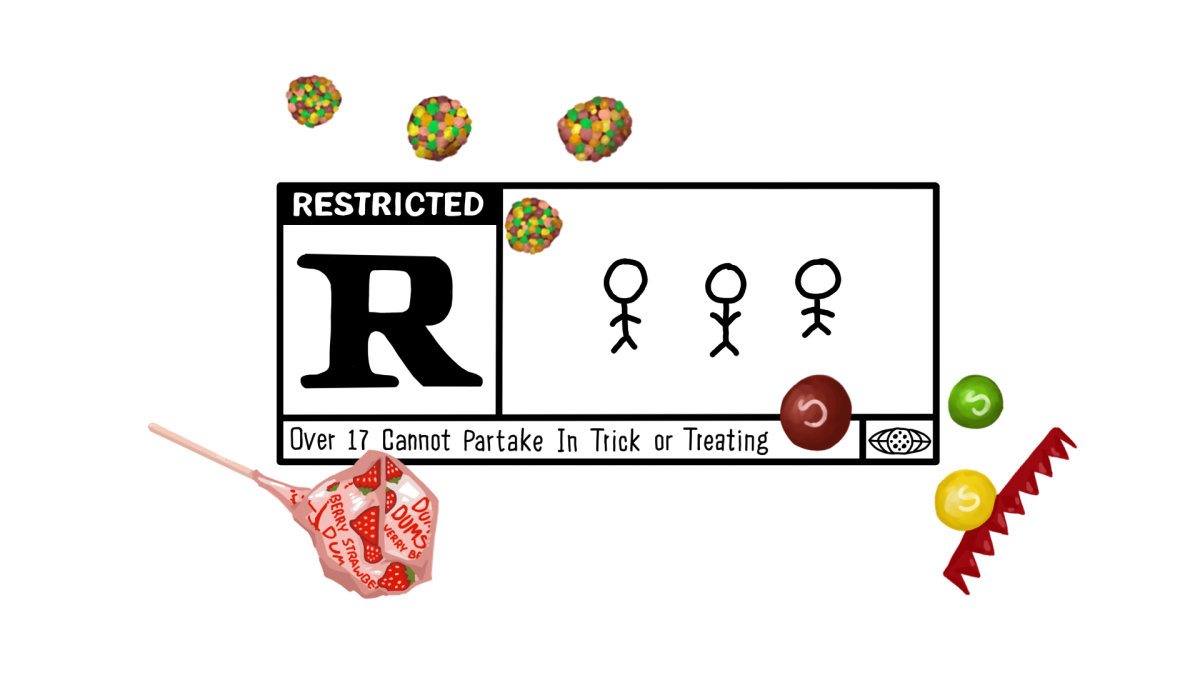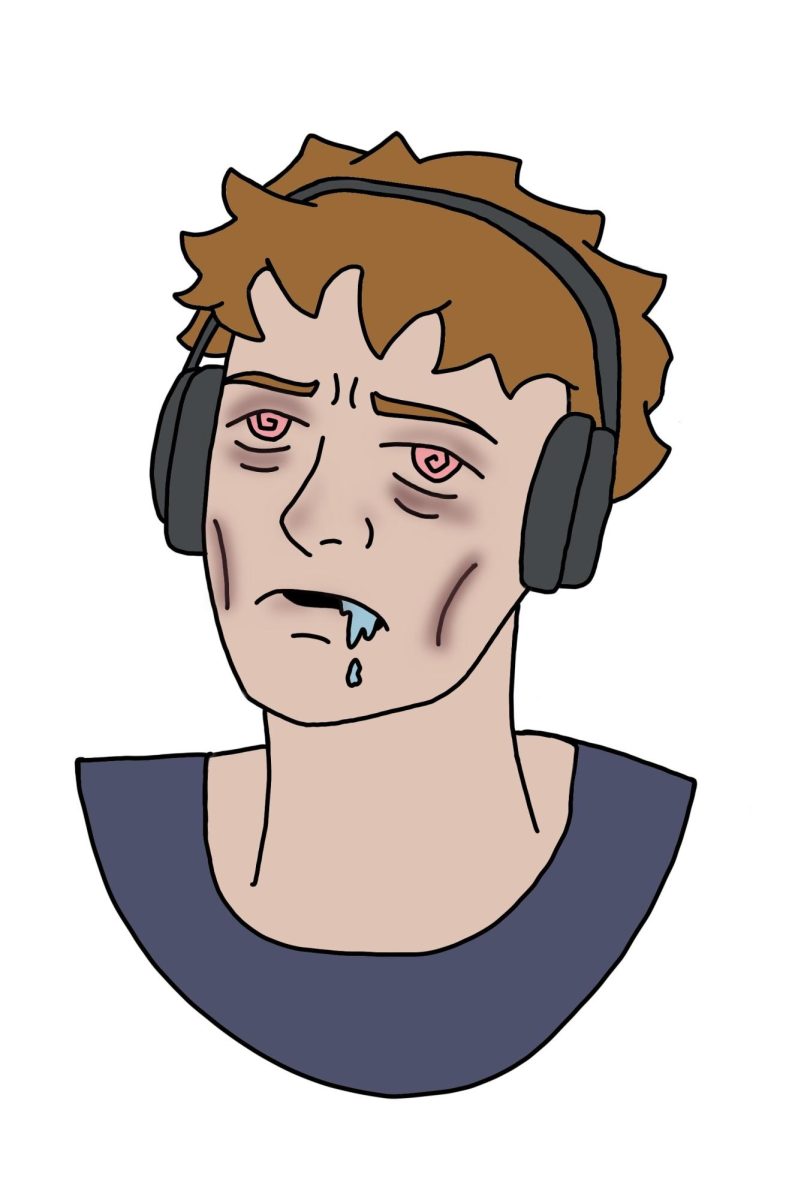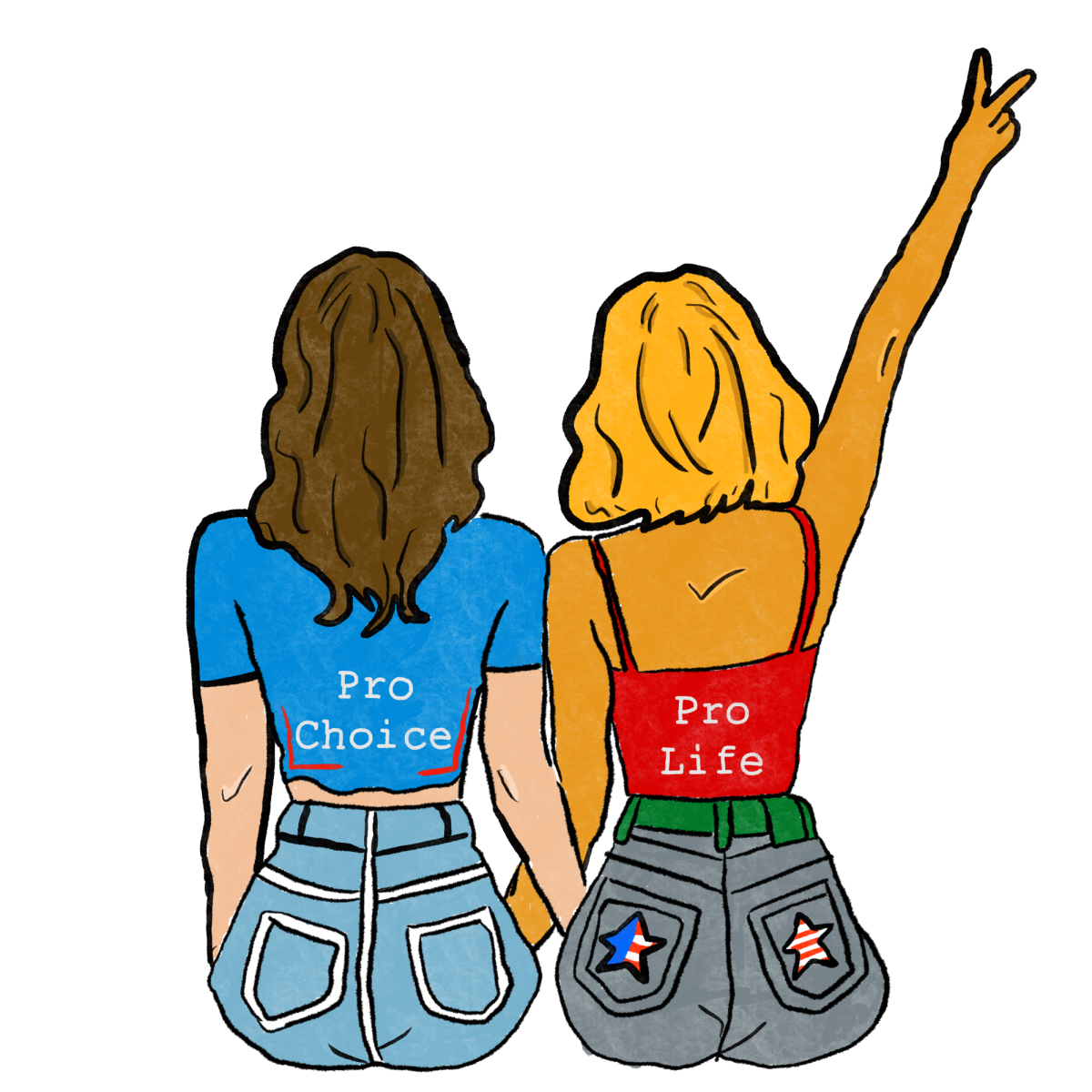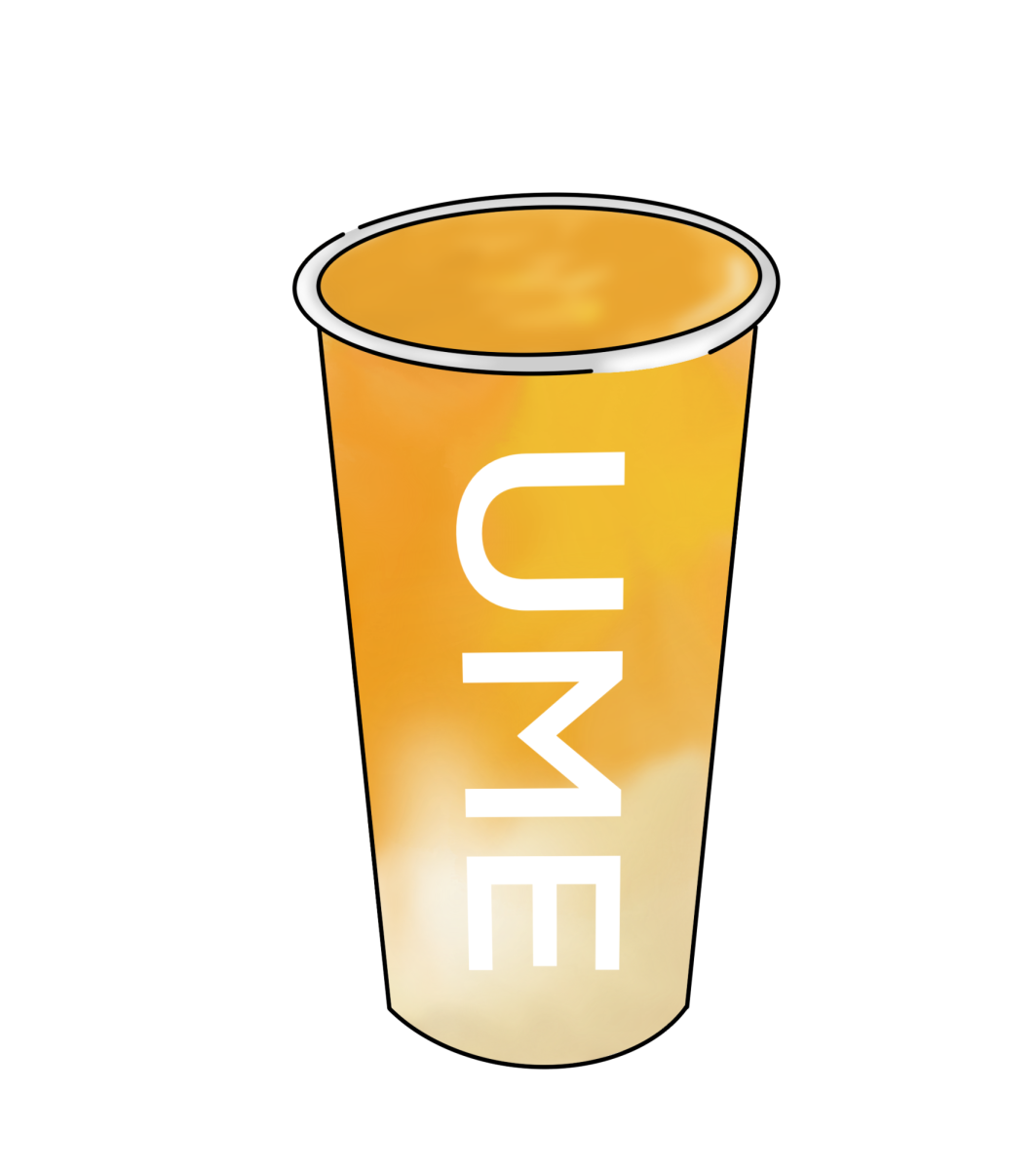How do you take your caffeine? Whether it is a Red Bull or a Starbucks macchiato, many students rely on caffeine for their energy boost on a daily basis. Unfortunately, many who drink high amounts of caffeine are unaware of its negative effects on the body.
According to a study posted on the National Library of Medicine, college students take an average of over 800 mg per day of caffeine, approximately double the recommended safe dosage. While this study was focused on college students, some FHS students consume a similar amount of caffeine.
“There was one trip I went on where I was having a Red Bull every single day or two and it was a lot of caffeine and then when I got back from the trip, all I did was sleep,” FHS senior Allison Ma said. “So clearly I didn’t have any caffeine and I went through withdrawal so bad I was shaking really bad.”
For many caffeine fans, it can be hard to tell when a preference for caffeine becomes an addiction. This addiction can cause many side-effects that will emerge with time.
“I feel like I drink [caffeine] so much that when I don’t drink it, I just feel weird,” FHS senior Saanvi Madapoosi said. “I feel more anxious when I don’t drink because I’m just so used to it being built into my daily routine.”
Along with increased anxiety and depression symptoms, high doses of caffeine can affect a person’s sleep. The closer to bedtime you drink caffeine, the less sleep you get. The Journal of Clinical Sleep Medicine states, “Even at 6 hours, caffeine reduces sleep by more than 1 hour.” This creates a vicious cycle: a student drinks caffeine because they are tired, then stays up very late due to the caffeine they drank, causing them to wake up tired again and drink more caffeine to stay awake.
It is important for students to know that although caffeine may help mitigate immediate feelings of drowsiness, its long term effects are unhealthy and dangerous. Alternative options for those who are addicted to caffeine are: non-caffeinated teas or roots such as maca or yerba mate. While these may not be the most healthy avenues to staying awake and alert, they are a better alternative than the high doses of caffeine that many high school students ingest on a daily basis.
Caffeine is the first taste of addiction that many teens and young adults experience and many may not even realize it is a form of addiction. Caffeine is a dangerous provider of energy needs and it is important to combat the epidemic of caffeine addiction before it is too late. When you buy your next energy drink, think about how it could affect your health before you drink it.


